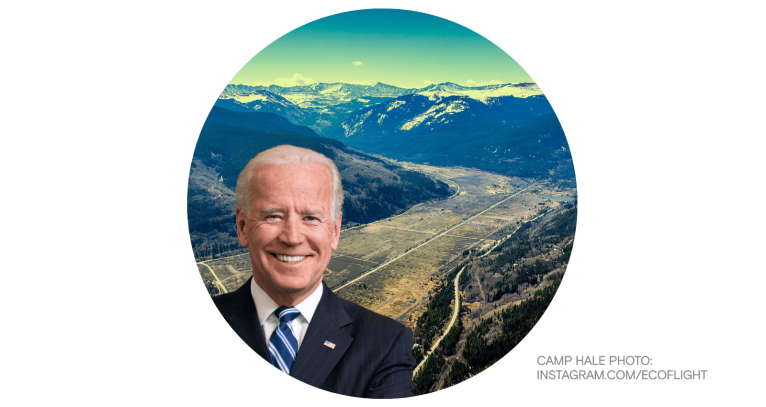It’s Friday, October 14, and the city of Vancouver, Washington, has banned large fossil fuel developments.
City council members in Vancouver, Washington, the fourth-largest city in the Evergreen State, just permanently banned new, large-scale fossil fuel projects.
The new zoning ordinance, approved last week, covers a wide range of fossil fuel developments, including new coal-fired power plants and fuel storage facilities — all of which will be officially prohibited throughout the city starting on November 5. Existing facilities may still be repaired or upgraded for safety reasons, or expanded by up to 15 percent if the facility switches to cleaner fuels.
Vancouver had previously banned new fossil fuel projects through a series of temporary moratoriums beginning in 2020, but supporters pushed to make the ban permanent because they said it would better serve the city’s climate goals. Earlier this year, Vancouver adopted a “climate priority resolution” that set a target of achieving net-zero greenhouse gas emissions by 2040. Interim benchmarks include eliminating 80 percent of greenhouse gas emissions from the city’s municipal operations by 2025, compared to a 2007 baseline.
Vancouver isn’t alone in banning new fossil fuel development. Portland, Oregon, used a similar zoning ordinance in 2016 to block new fossil fuel projects and prohibit existing ones from expanding. Other cities like Vancouver, Canada, and South Portland, Maine, have previously banned specific kinds of fossil fuel activity such as coal shipping and storage and the transportation of tar sands crude oil, respectively.
Dan Serres, conservation director for the nonprofit Columbia Riverkeeper across the border in Hood River, Oregon applauded the ordinance as a “climate victory” and attributed it to years of advocacy and organizing from community members in Washington state and Oregon. He emphasized how a ban on fossil fuels would protect Vancouver’s most vulnerable communities from risks like oil spills, coal train derailments, and hazardous air pollution caused by the burning of fossil fuels.
”The ordinance will help Vancouver avert major health and safety risks to communities already disproportionately experiencing the harms of fossil fuel use,” Serres said in a statement.
In the news
Amid historic drought, California approves $140 million desalination plant
Daniel Trotta, Reuters
➤ Read more
Endangered species protections kick in too late, study finds
Evan Bush, NBC News
➤ Read more
Researchers report a staggering decline in wildlife. Here’s how to understand it.
Catrin Einhorn, The New York Times
➤ Read more
Ozone hole grows this year, but still shrinking in general
Seth Borenstein, AP News
➤ Read more
Inside the industry push to label your yogurt cup ‘recyclable’
Joseph Winters, Grist
➤ Read more


